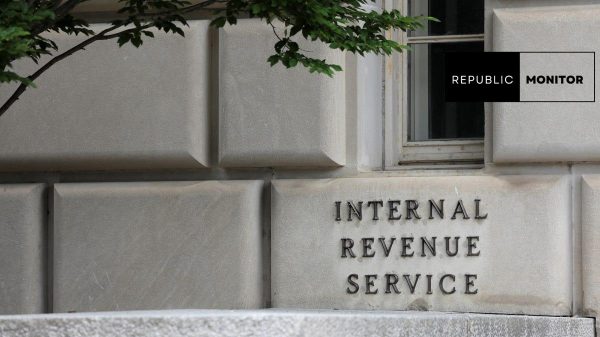The UK Government’s decision not to EXTEND the £20 ($27) boost to people on legacy benefits given by the Department for Work and Pensions (DWP) to help them during the COVID-19 pandemic was described by the High Court as a “radical and unprecedented shift” from decades of benefits policy.
From April 2020 to October 2021, Universal Credit claimants got a £20 weekly boost to manage increased prices amid the COVID-19 crisis. However, individuals on older benefits such as Employment Support Allowance (ESA) and Jobseeker’s Allowance (JSA) were not eligible for the increase, which advocacy groups claim unfairly affects handicapped people.

LONDON – JUNE 17: In this photo illustration, a man takes a 20-pound note from his wallet outside a bank on June 17, 2008 in London, England. The governor of the Bank of England has stated that inflation could rise above 4 percent this year as a result of increasing prices of energy and food. (Photo by Cate Gillon/Getty Images)
Why DWP’s Decision Not to Extend £20 Universal Credit Uplift to Legacy Benefits Was ‘Wrong’
Two ESA claimants have filed a legal challenge against the DWP decision, which commenced on Wednesday at the Royal Courts of Justice in London, Daily Record said. Their lawyer, Jamie Burton QC, contended that the disparity in treatment violated their human rights.
Burton said that the pandemic’s hardship disproportionately impacted handicapped people and that disabled persons on means-tested benefits are “much more likely” to get legacy payments rather than Universal Credit.
ALSO READ: $600 Stimulus Check To Be Granted To American Workers
The DWP’s Edward Brown stated the Universal Credit increase was “an acceptable and effective reaction to the crises confronting society since March 2020.”
According to Brown, careful attention has been given to the particular issue, namely whether or not to elevate legacy benefits.
The UK government has decided not to raise benefits because it would be impractical and impossible to implement via outdated payment systems, Brown said.
Legacy Benefits Explained
iNews UK said the term “legacy benefits” refers to claims made prior to the implementation of Universal Credit Uplift in 2012. The bulk of individuals claiming them are handicapped persons (1.9 million), who we know have been hit hardest by the epidemic, with many having to endure months of shielding and isolation to protect themselves from the virus. Disabled persons have greater living expenses than the general public, which only worsened during the epidemic as energy and gas prices skyrocketed, forcing many to depend on food delivery.
According to a survey conducted by the Disability Benefits Consortium (DBC), a coalition of over 100 disability charities including the MS Society, Z2K, and the MND Association, 66 percent of disabled people recipients legacy benefits had to go without their daily essentials due to increased costs during the pandemic. Nearly half of those polled (44 percent) admitted to falling behind on financial obligations such as rent, mortgage payments, or household expenditures.
RELATED ARTICLE: $2,000 Stimulus Checks To Be Distributed To Americans in the Coming Weeks, Here’s How To Know If You Are Eligible















